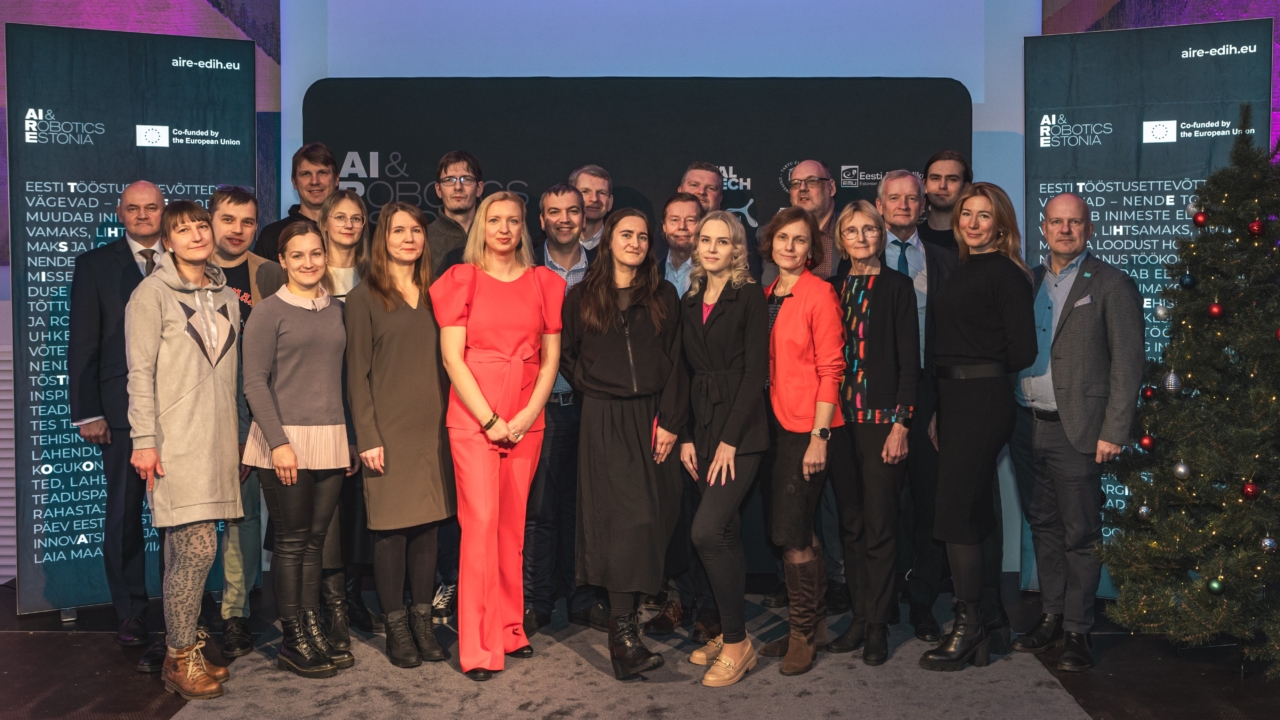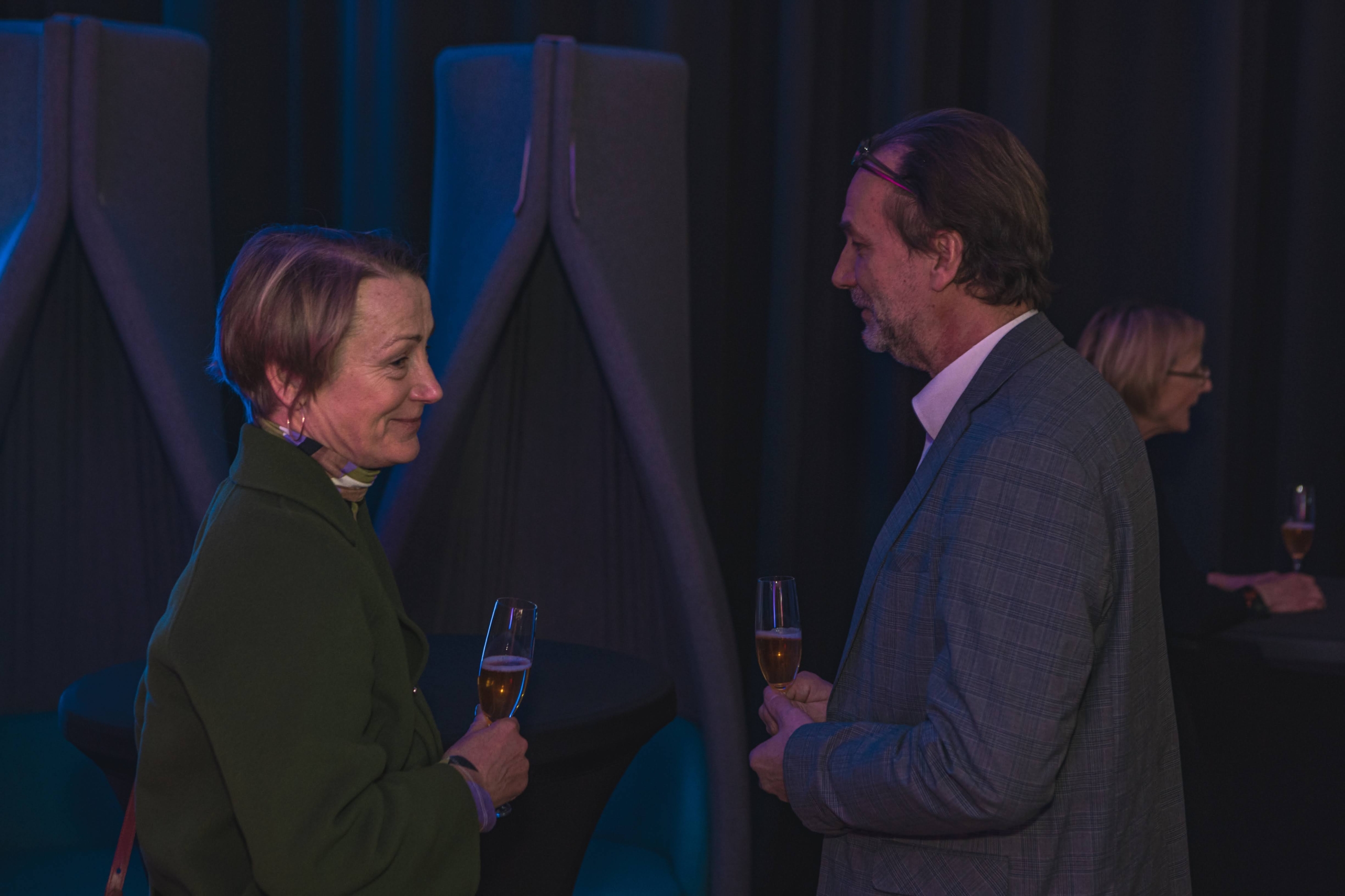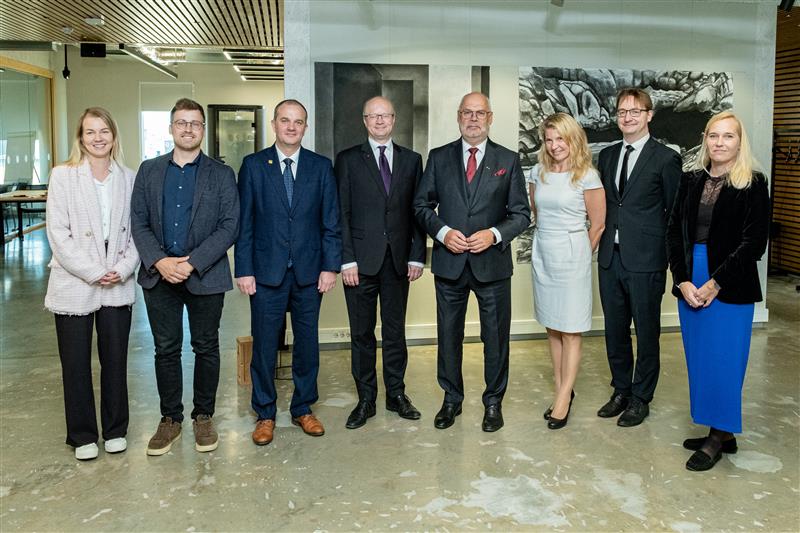AIRE took stock of the year and made plans for the future
The future of the Estonian economy will largely be determined by how well we can digitalise our industry.
On 8 December, AIRE partners, researchers and members of the AIRE Advisory Board – long-time industry leaders, policymakers and experts – met at TalTech’s Student House to look back on the achievements and set goals for the future.
To date, AIRE has supported more than 170 different industrial companies with its services. In addition, the centre will invest a total of €3.2 million in test before invest demo projects between 2022 and 2025.
Already by the end of this year, AIRE will deliver projects focusing on quality and product development. A good example is Milrem, which teaches robots to navigate the terrain using geographical cues. A longer-term collaboration is with Mindchip OÜ, which is developing artificial intelligence-based navigation for an autonomous robotic ship.
Tiit Land, Rector of Tallinn University of Technology, stresses that, in view of Estonia’s development prospects, the creation of smart solutions based on artificial intelligence and robotics is the only way forward towards higher added value manufacturing. “Companies that have been able to tap the potential of universities have already succeeded. In addition, AIRE is also a training hub through which companies, research parks and universities share their best practices. AIRE’s services include digital maturity assessments, advice on the feasibility of artificial intelligence and robotisation, as well as advice on financing through public measures and private equity. It is hoped that AIRE’s methodologies and experience will soon be rapidly transferred from universities to businesses in other technology areas.”
Toomas Asser, Rector of the University of Tartu, contributed to the discussions at the centre with the idea that one development path with high potential for impact is a combination of artificial intelligence capabilities, digitalisation of business processes and the wider adoption of automation in Estonian companies to leverage this. “We need a support system that can cope with a large number of ideas and research results. This change is achievable if we have a permanent, clear and stable implementation framework to support innovation, as well as supporting competences for companies that are on this journey for the first time. AIRE has an important role to play in ensuring that technologies ready for application in economic development are as close as possible to businesses. At the same time, it is up to the universities to ensure that there are enough technology ideas with high application potential and that the experimental work to assess their risks has already been done,” stressed Rector Asser.
Kirke Maar, Director of the AIRE Centre, echoed him: “Our aim is to bring artificial intelligence and robotics knowledge from universities and science parks to Estonian industry. The most telling projects are those where we address a need in one company, but it can also lead to a spin-off company to provide a service or technology globally. Universities and science parks working together with the big goal of solving problems for Estonian companies together. The biggest win-win is synergy – we achieve more together than we could alone and we all benefit from it on a daily basis”.
AIRE advisory board member and member of the Parliment Andres Sutt compared the impact of the introduction of artificial intelligence to the advent of the internet: “The most important thing is AIRE’s cooperation with start-ups as well as with ‘traditional’ companies. It shows that universities have the interest and capacity to support companies with innovation and that companies are willing to take advantage of this. All countries are competing for talent, talent will come to where there are innovative companies and the best living environment. The more we can attract and retain talented people who see opportunities in change, the higher the standard of living we will move towards,” said Andres Sutt, Member of the Parliment.
After more than a year of operation, the Centre has already made a significant contribution to cooperation between Estonian companies and researchers.
AIRE helps to bring scientific breakthroughs and new technologies to business – working together to create new AI and robotics solutions that solve the challenges of one organisation but are scalable to others.
Many partners are participating in several AIRE services – in the first 1.5 years, the level of awareness and digitalisation of AIRE customers is clearly increasing – interest and willingness to do demo projects is steadily rising.

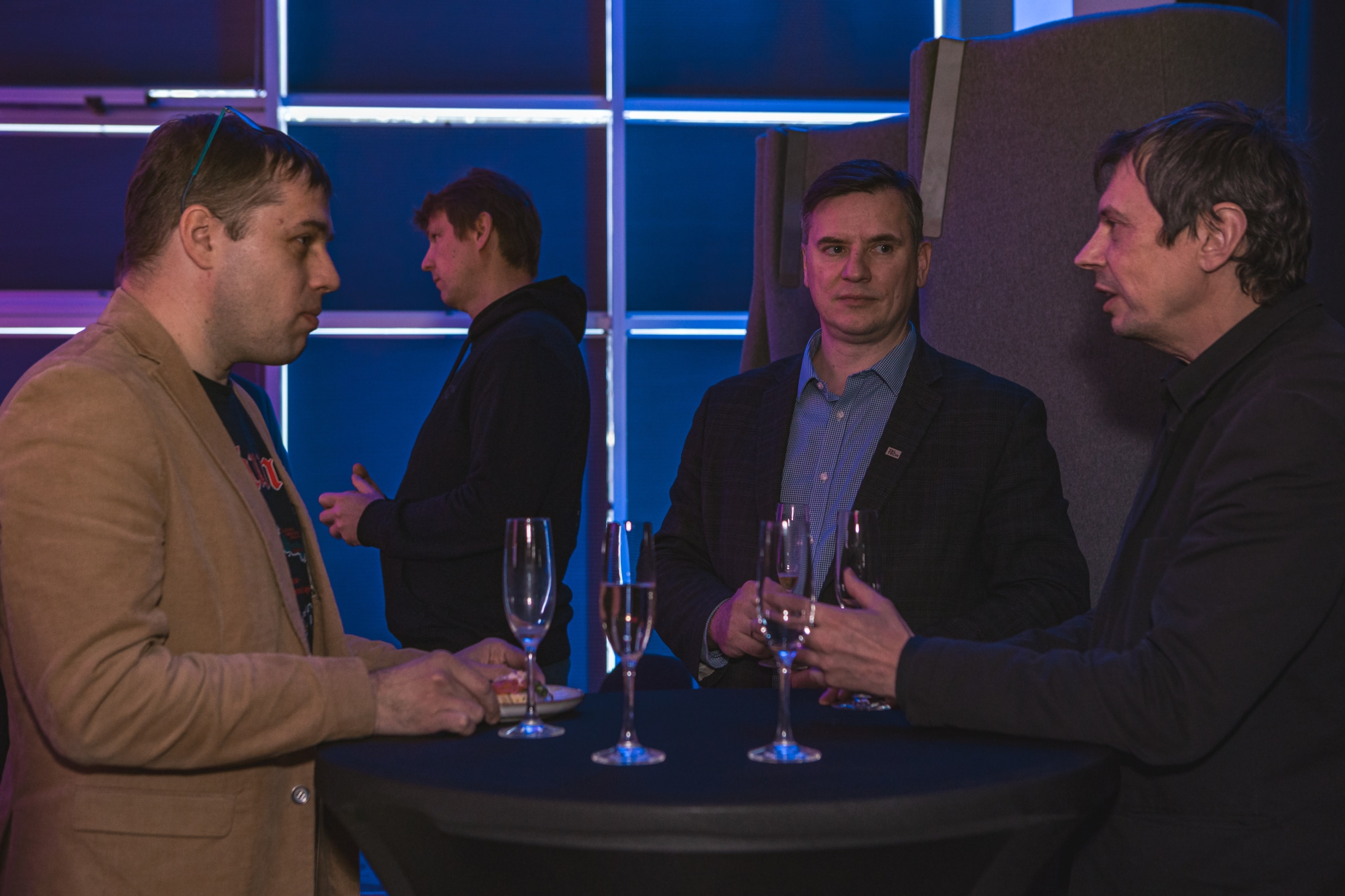

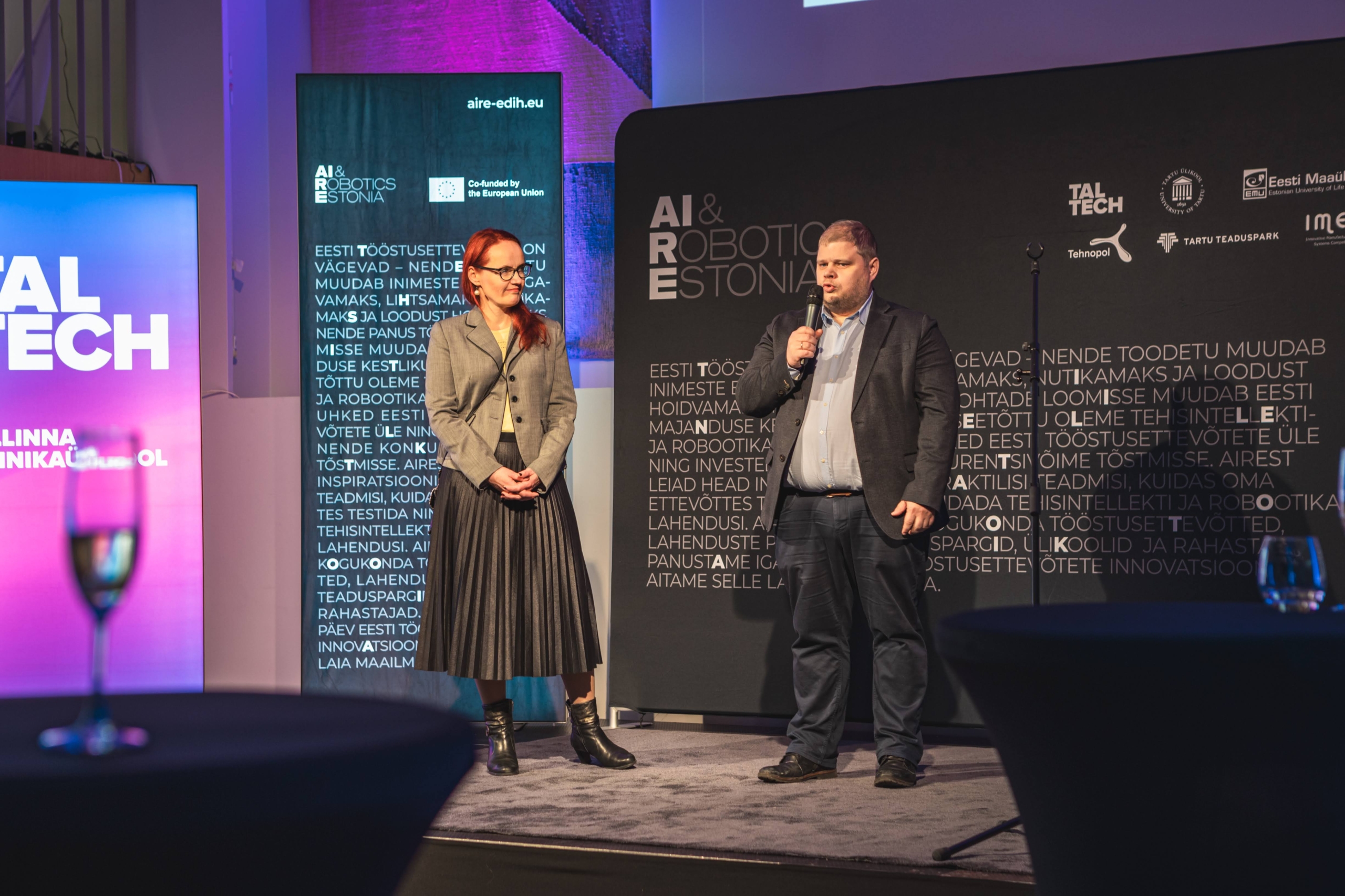

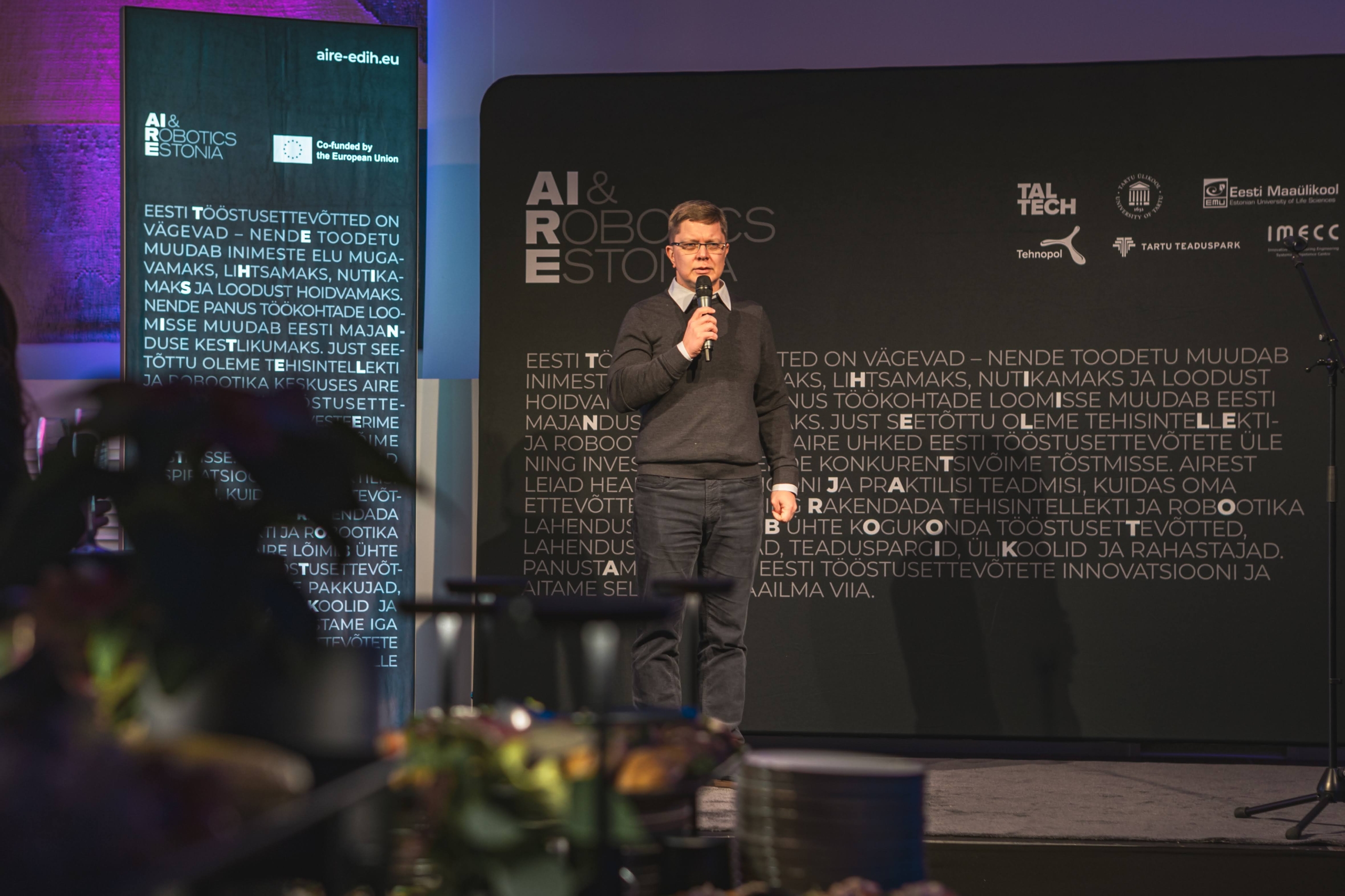
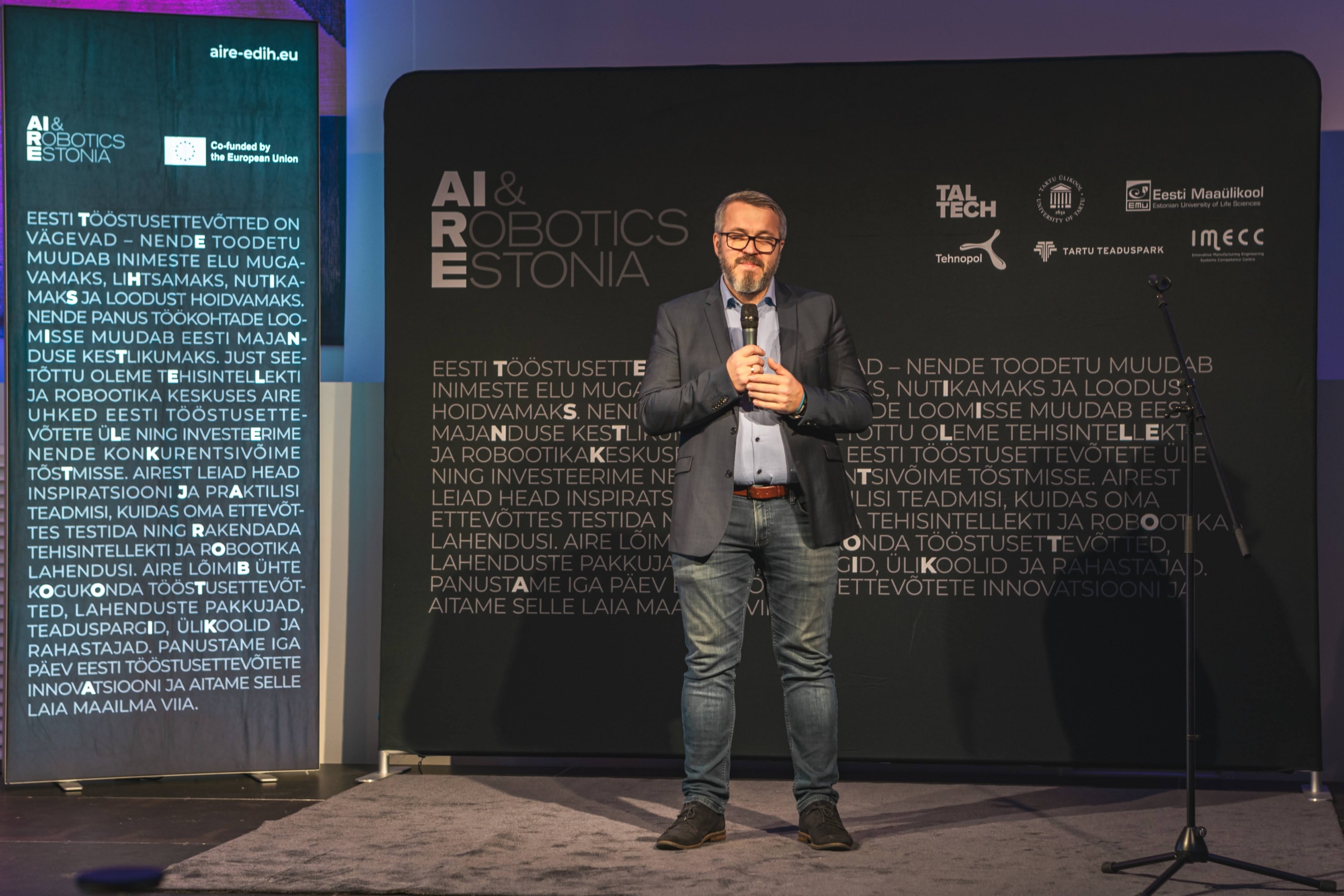
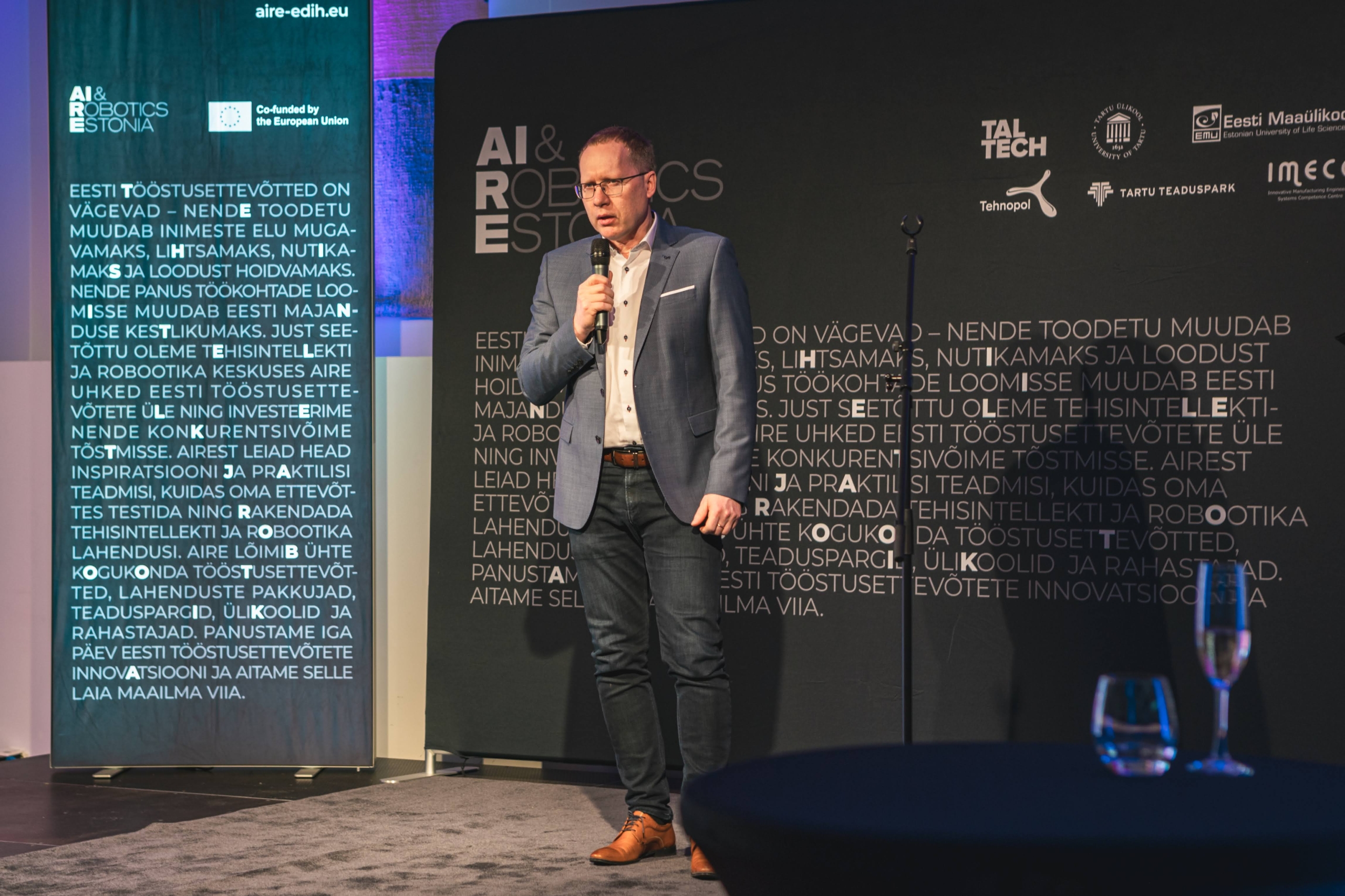
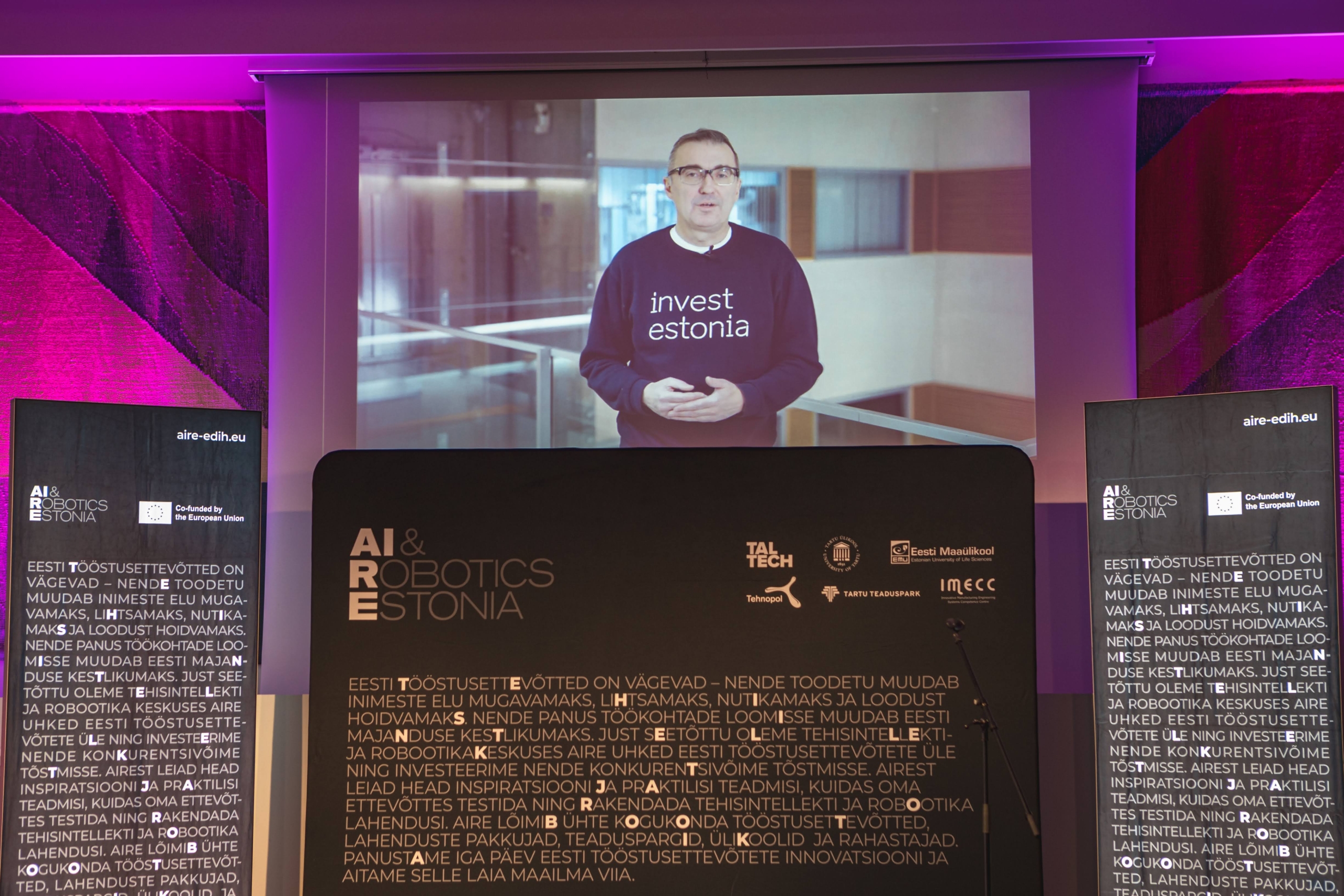
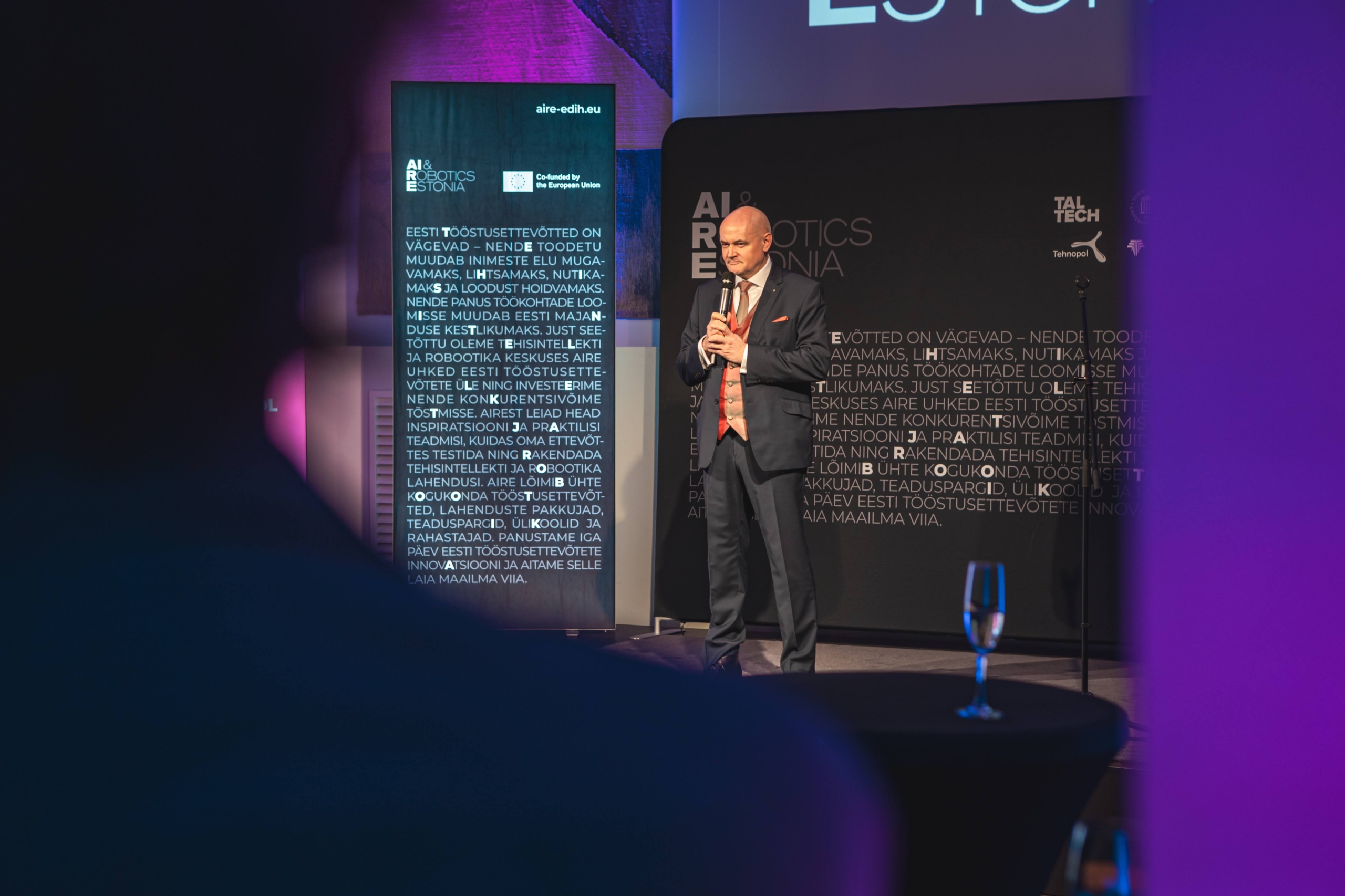
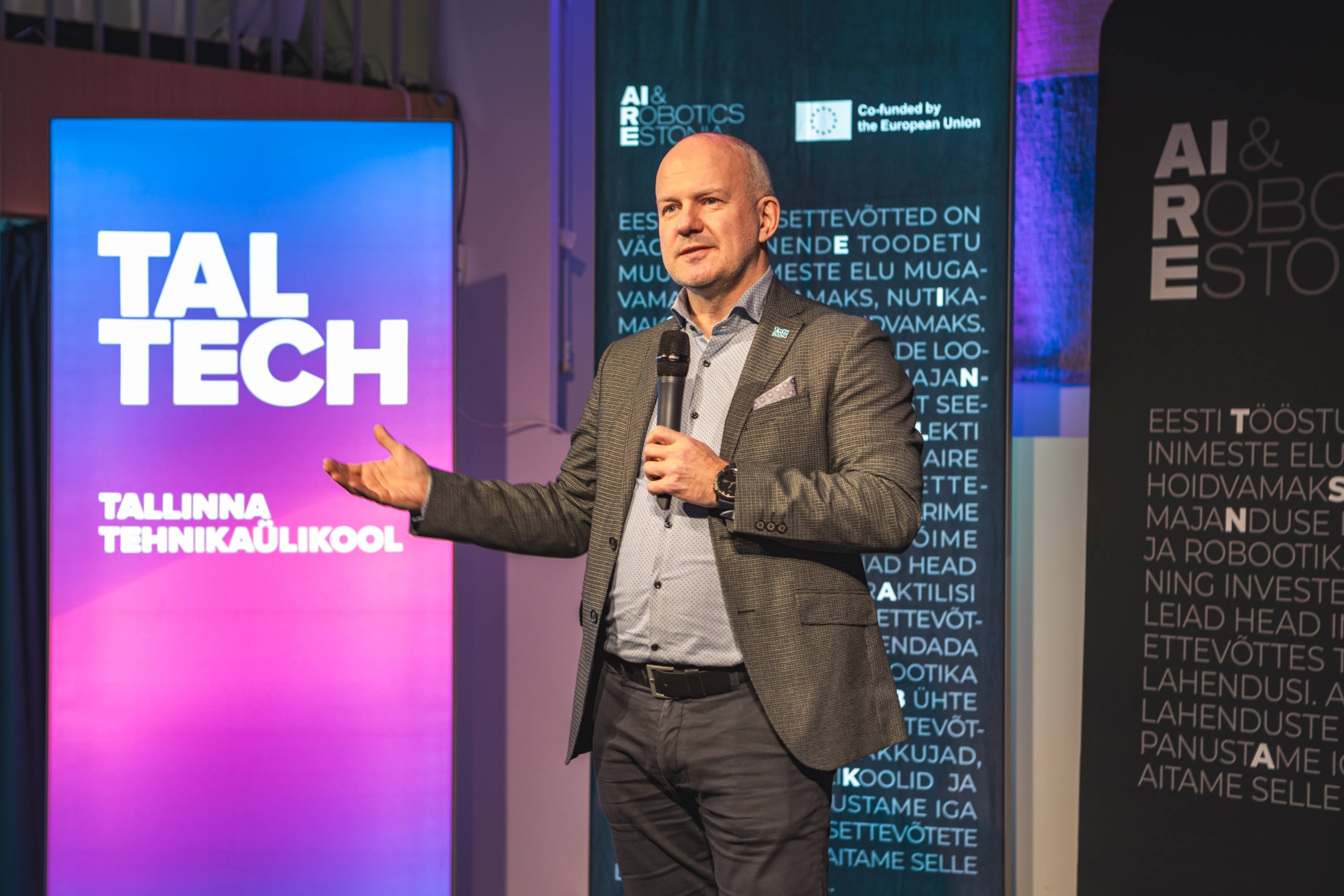
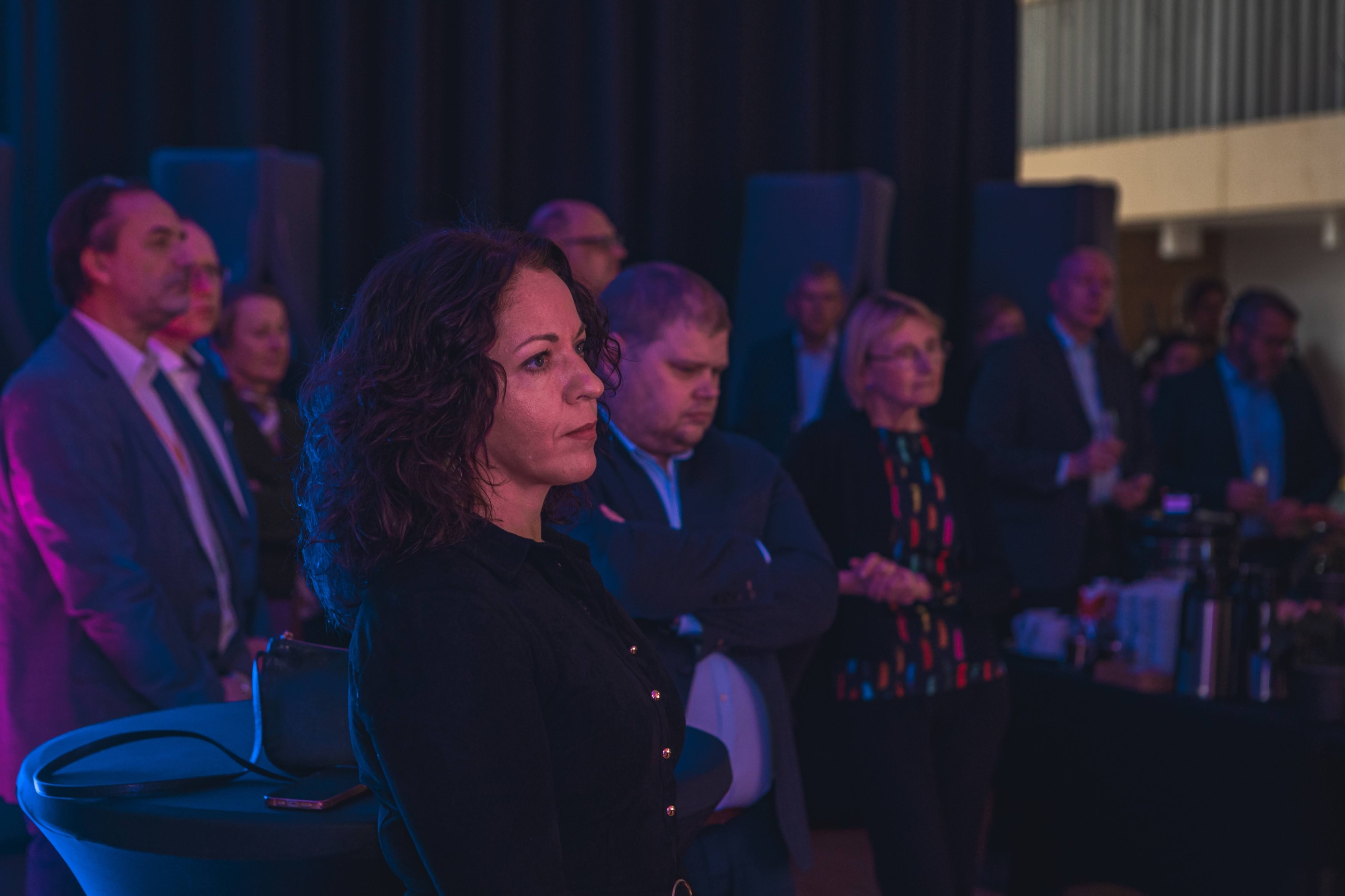
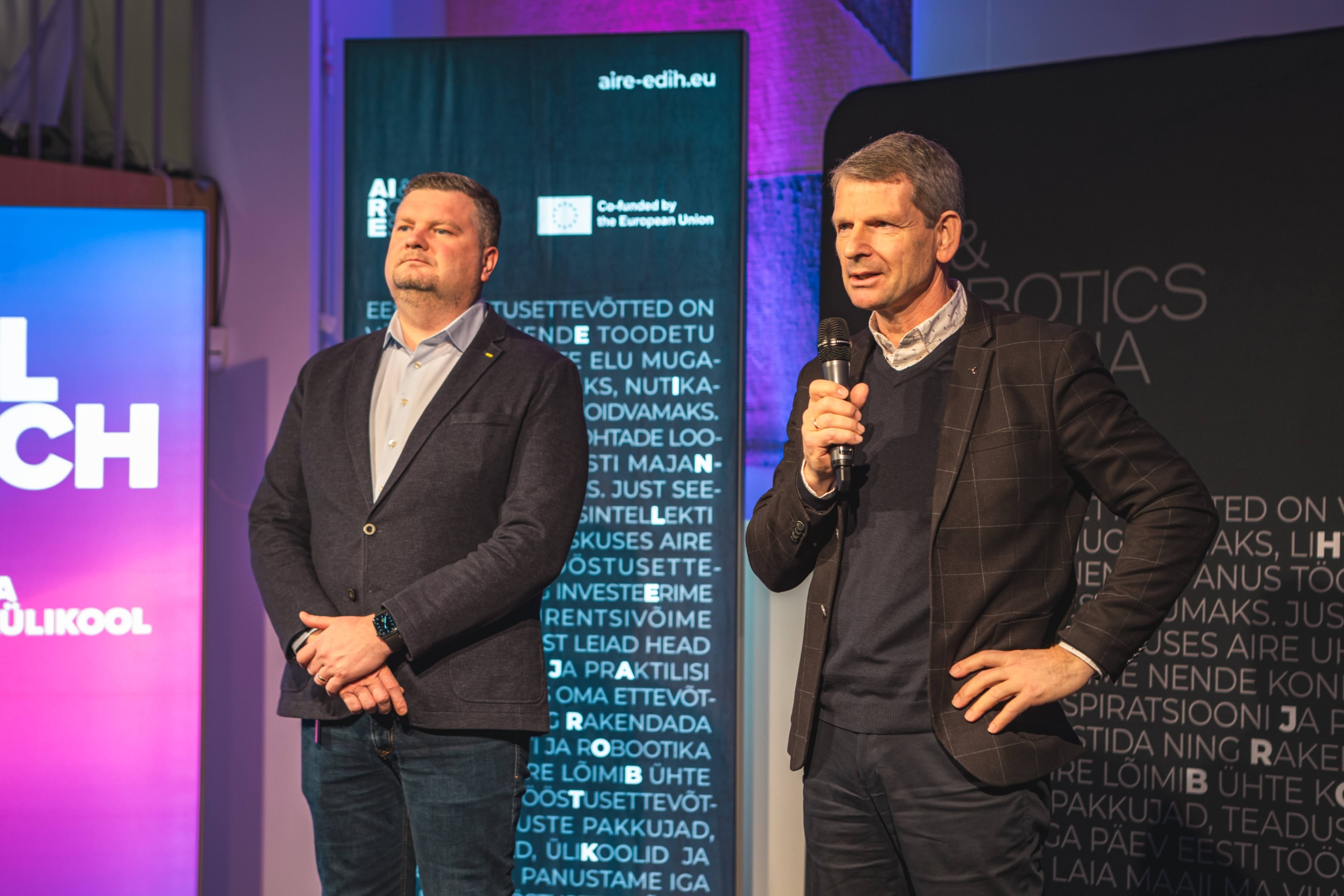
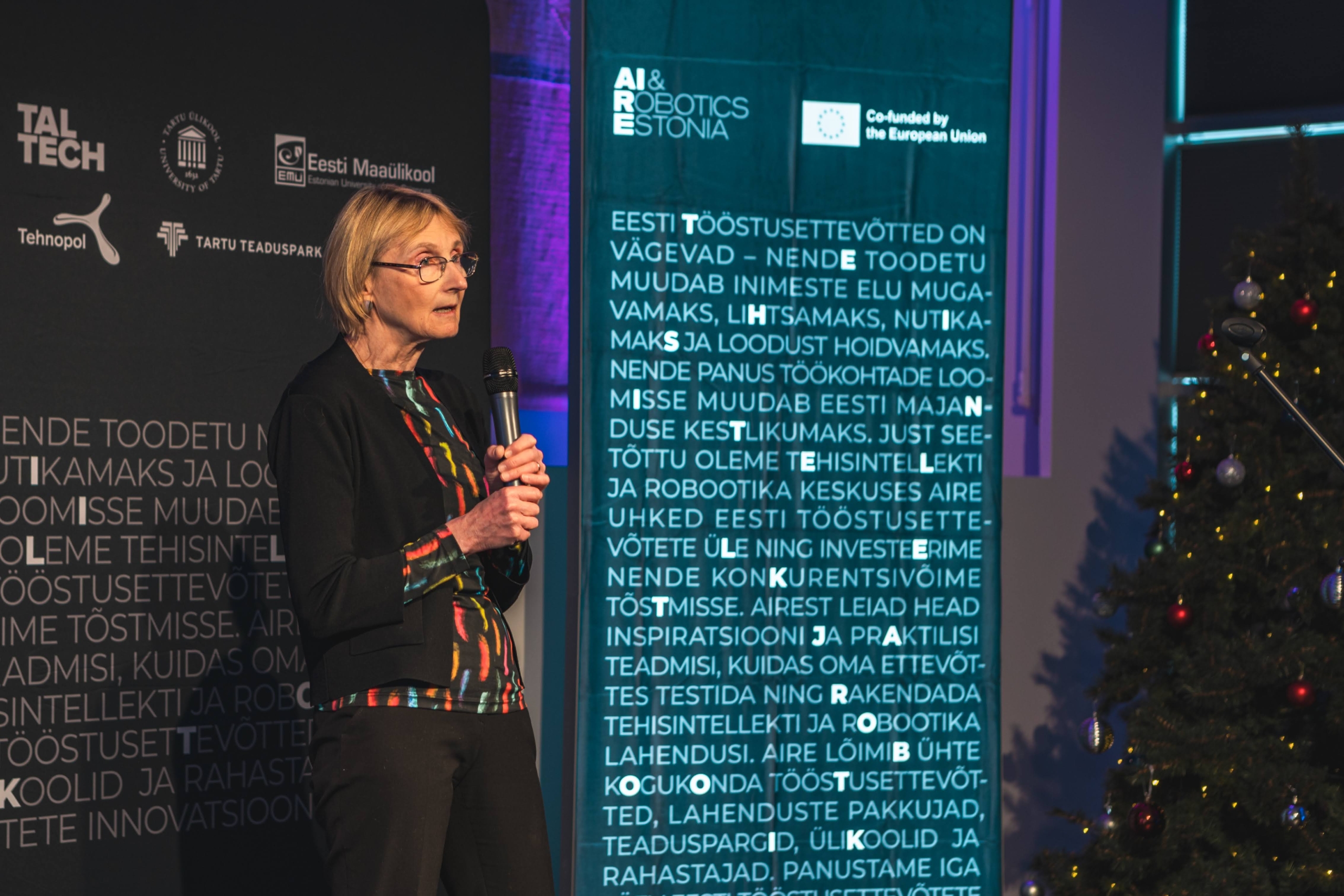
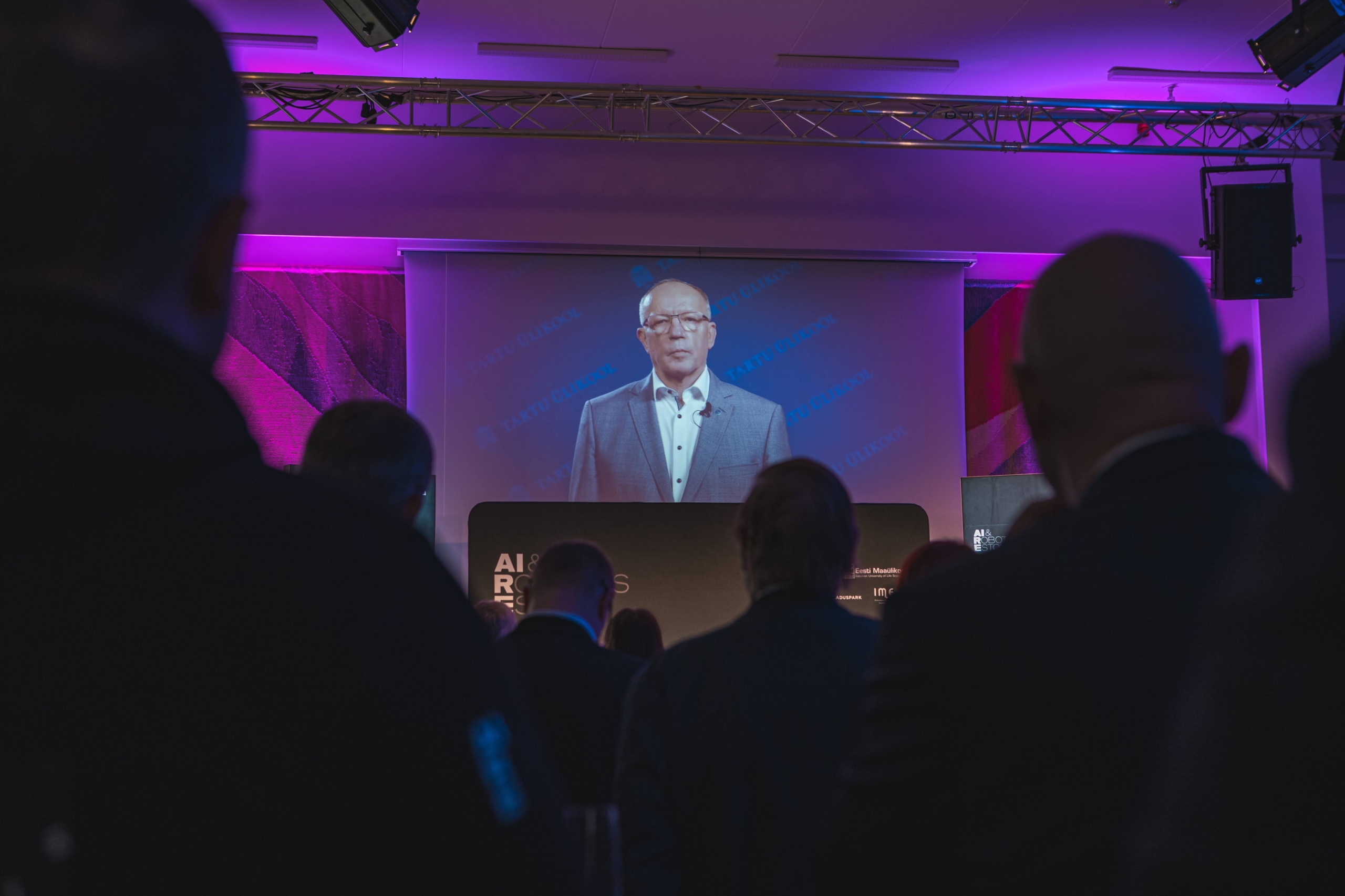
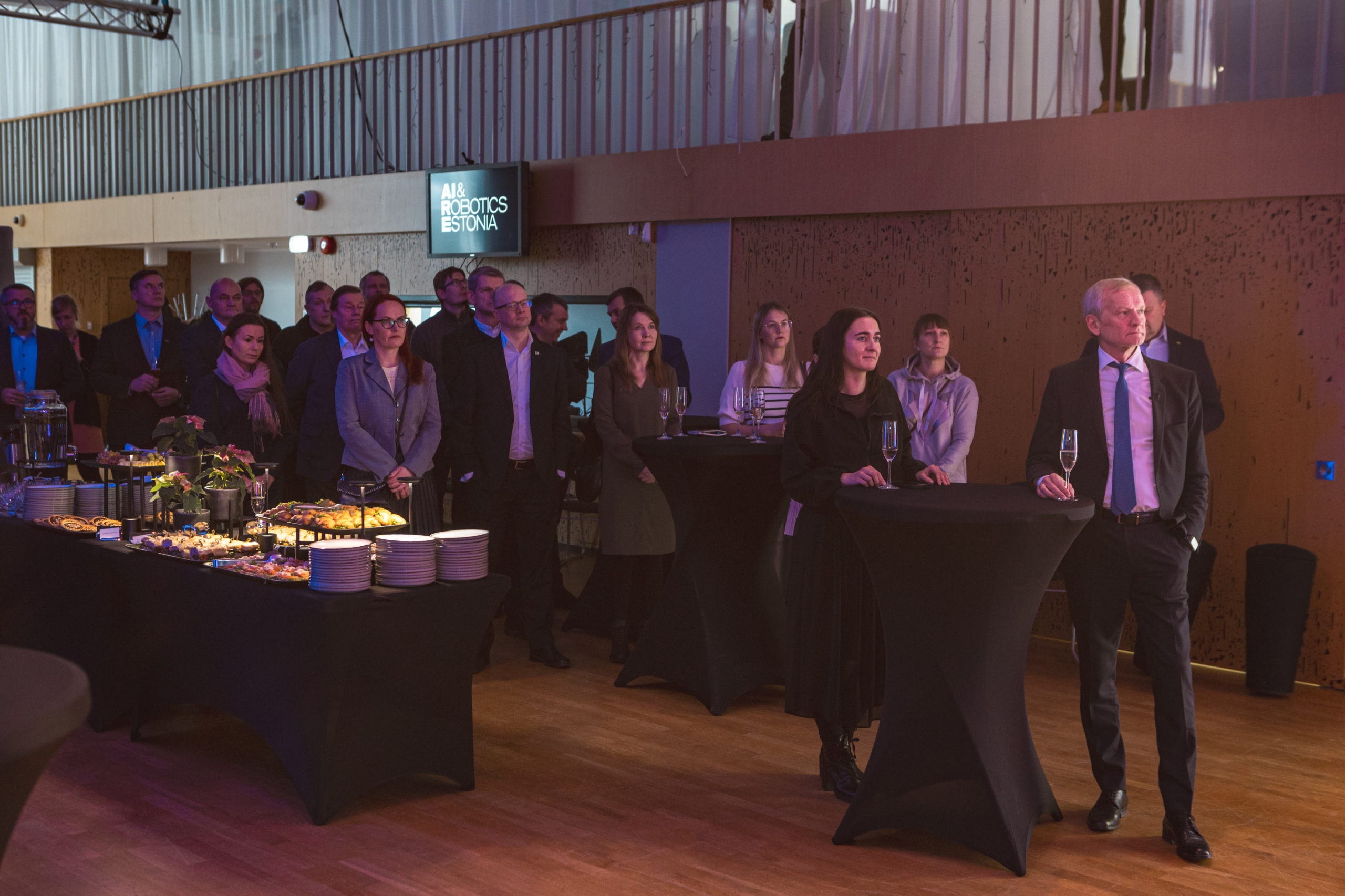
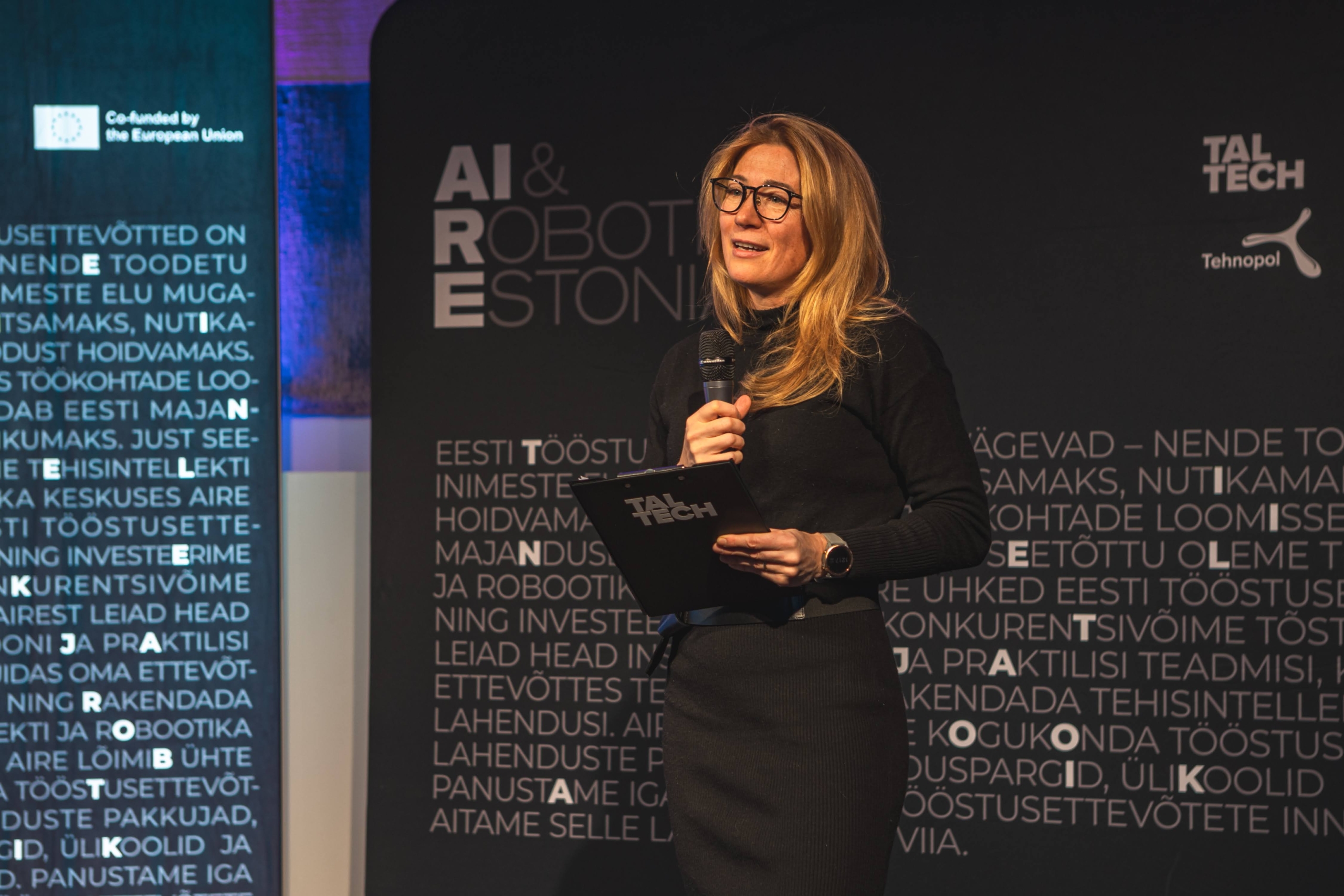
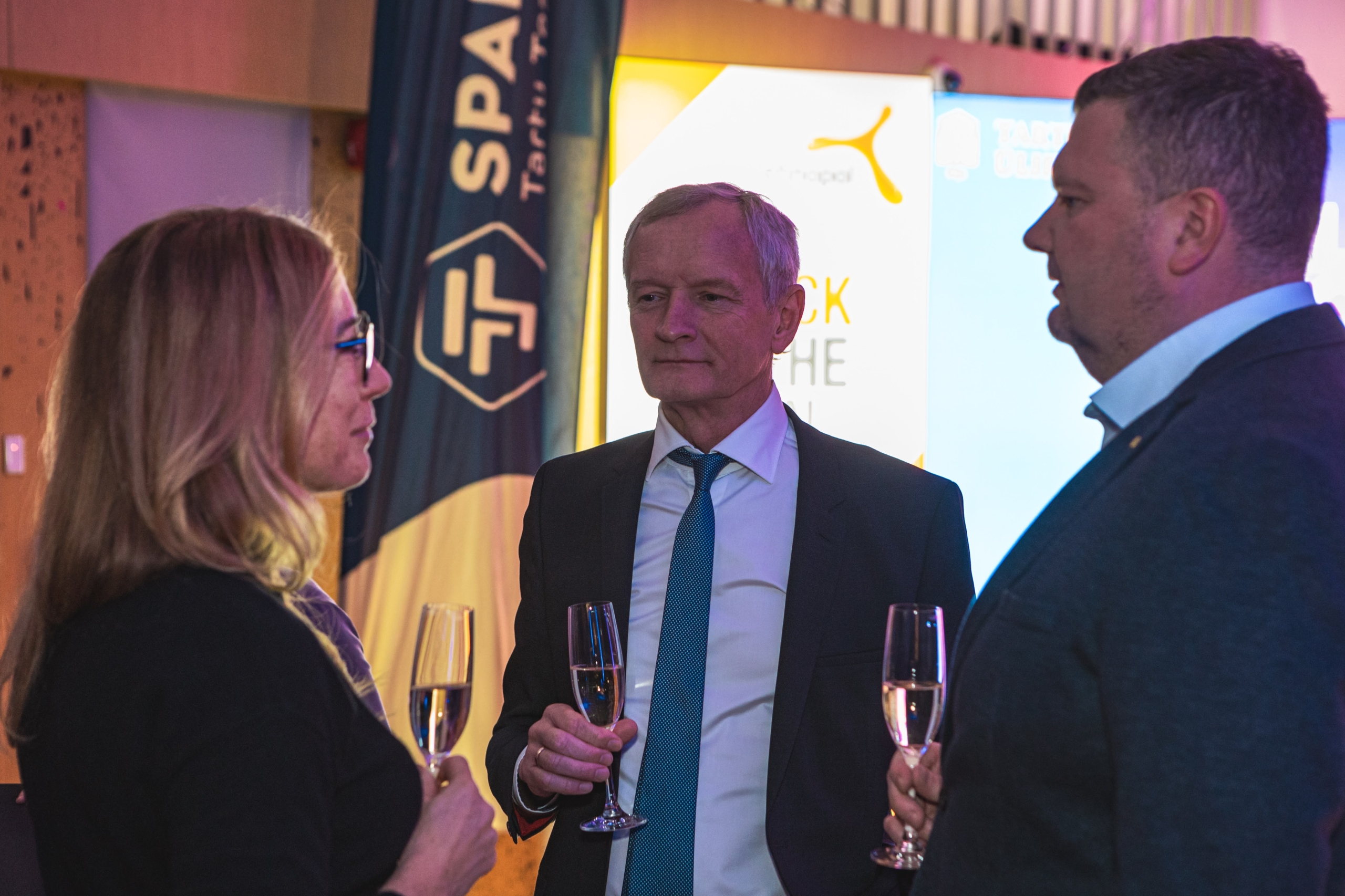
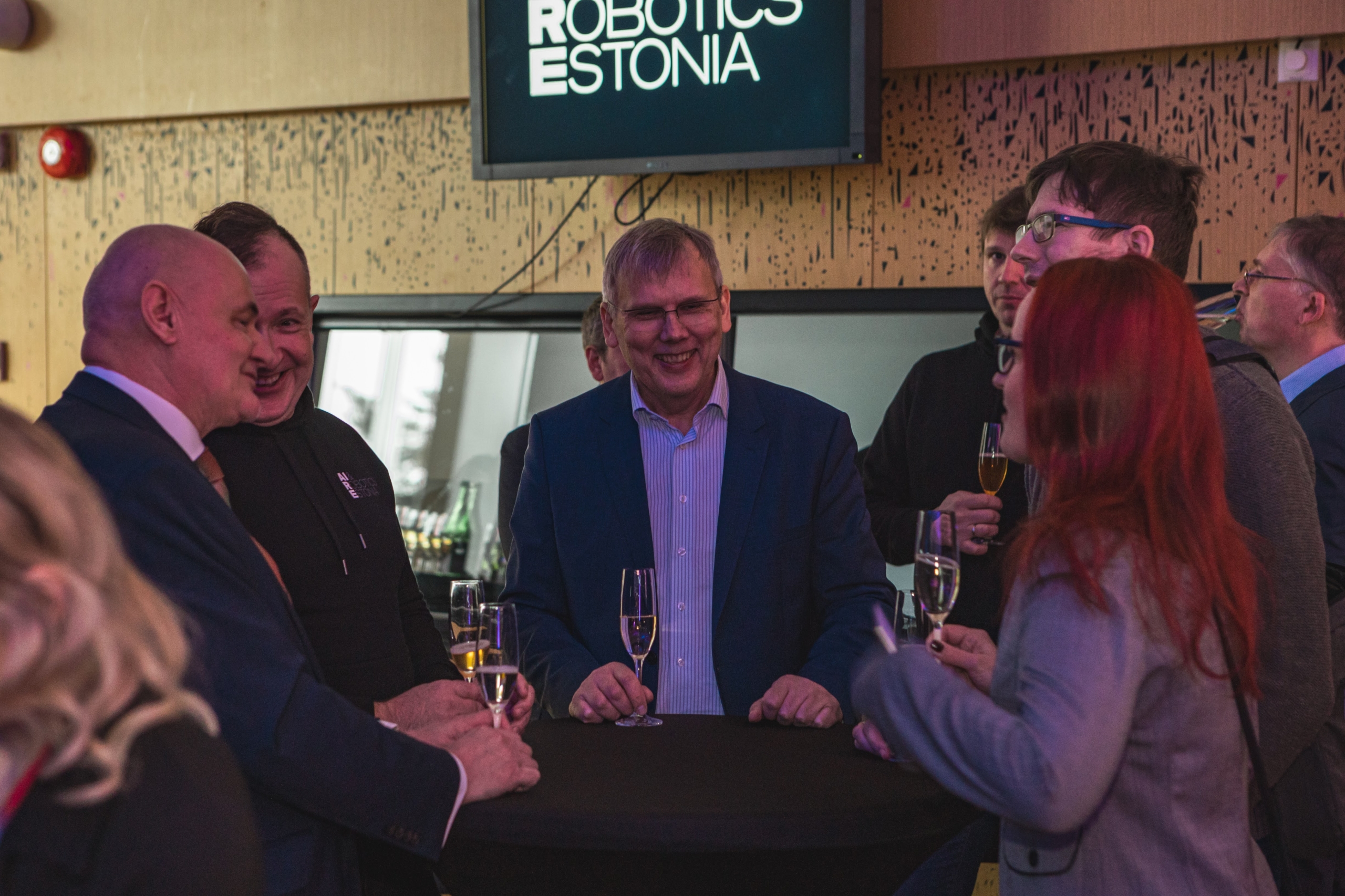
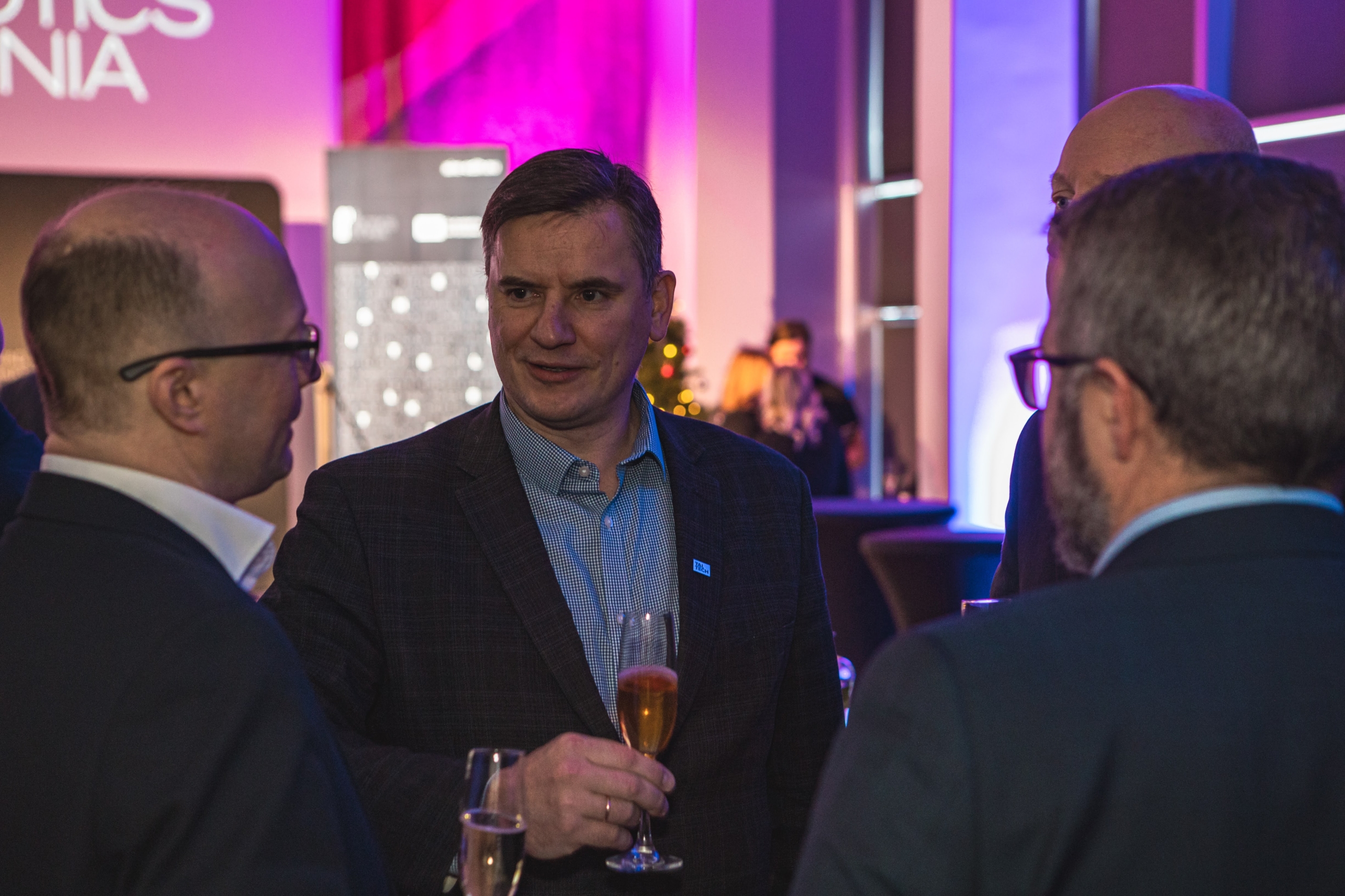
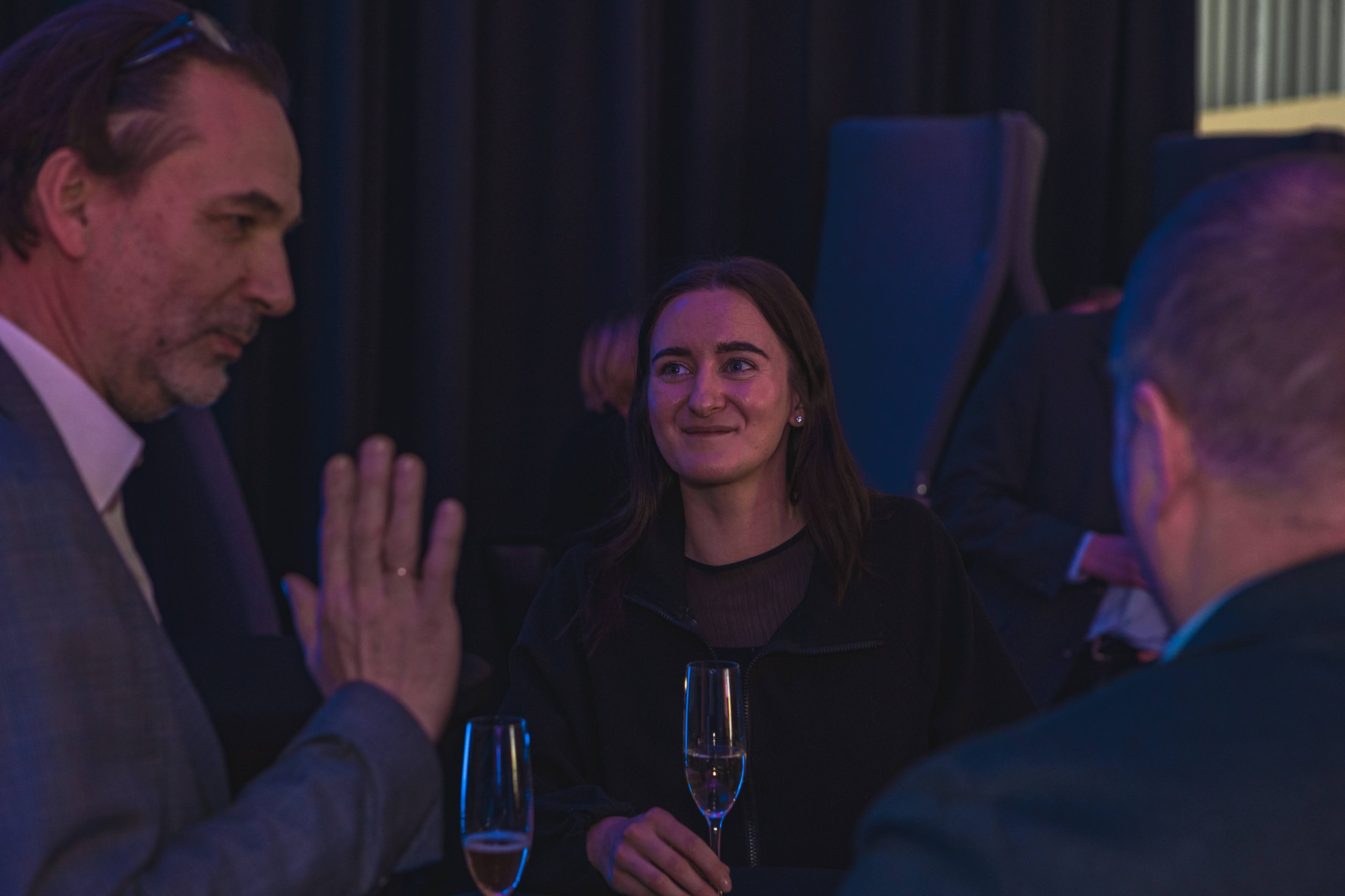
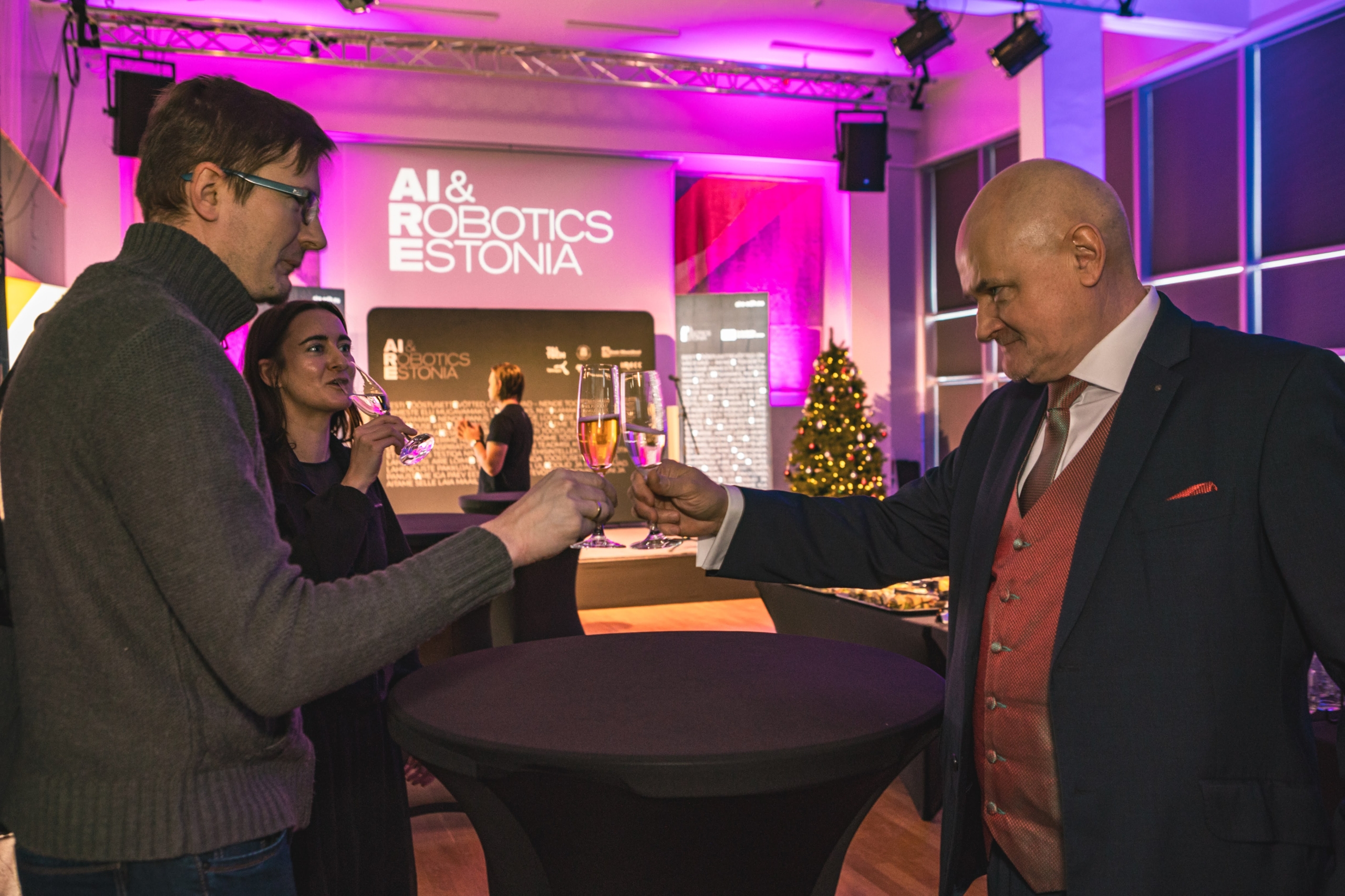
Fotode autor: Meelis Kobin
